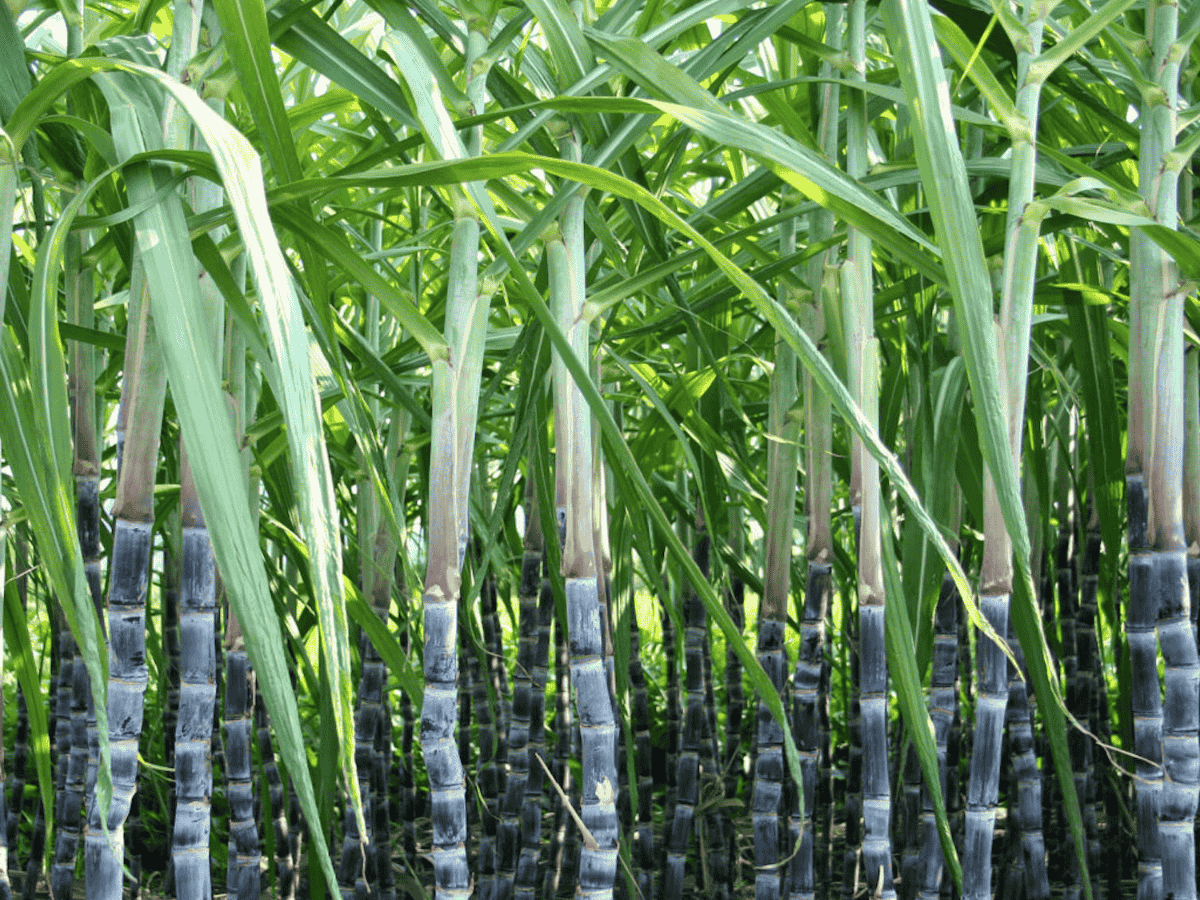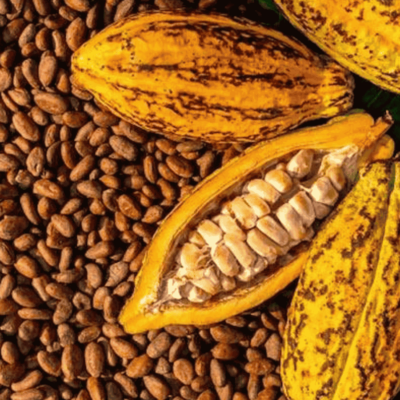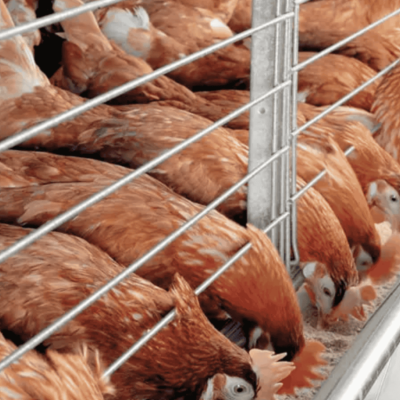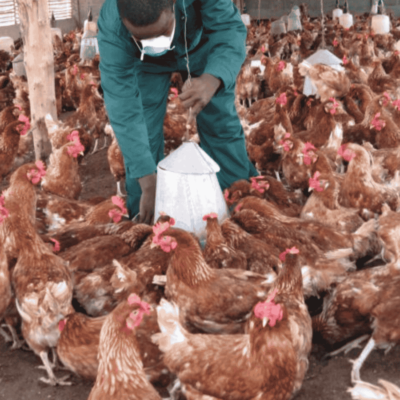MOZAMBIQUE – In the first half of the year, Mozambique’s sugar exports generated US$14.7 million, marking a notable 36% increase compared to the same period in 2023.
This recovery in one of the country’s main agricultural exports follows a dramatic year-on-year drop of 70.7% in the first quarter of last year, according to the Bank of Mozambique’s balance of payments report.
The surge in export revenues is attributed to a partial recovery in sugar production, which had been adversely impacted by severe climatic conditions in 2023.
“The performance of sugar exports was favored by the recovery in production and consequent exports, after the adverse climate impacts that affected production recorded in the same period in 2023,” the first-half report reads, comparing sales with the US$10.8 million achieved last year.
However, challenges remain significant. According to Lusa’s report in August, sugar production at the Mafambisse Sugar Mill in Sofala province—a critical facility in Mozambique’s sugar sector—has been in decline due to the compounded effects of bad weather and climate change.
“We are experiencing declines in our sugar production due to difficulties caused by the bad weather in the country in recent years,” Pascoal Macule, Director of Tongaat Hulett, the group that owns the Mafambisse Sugar Mill, told a reporter.
Macule noted that the company’s annual sugar production, which had been around 75,000 tons, has dwindled to just 40,000 tons in the last two years, resulting in significant losses for the factory.
A key contributor to this decline has been the loss of about 8,000 hectares of sugar cane—the raw material for sugar production—due to the effects of climate change.
“This is in Nhamatanda, due to drought in our fields and the El Niño phenomenon,” Macule explained.
The Mafambisse sugar mill, located in the administrative post of Mafambisse, Dondo district of Sofala, has a production capacity of 92,000 tonnes of sugar per year.
In response to these challenges, Tongaat Hulett has announced a significant investment of 500 million rand (US$28 million) into its Mafambisse and Xinavane sugar mills in Mozambique, where the South African group is the majority shareholder.
Mozambique is one of the countries most severely affected by climate change, facing cyclical floods and tropical cyclones during the rainy season, which runs from October to April.
The 2018-2019 rainy season was one of the most severe on record, with 714 people losing their lives, 648 of them victims of cyclones Idai and Kenneth, two of the largest ever to hit the country. Sofala province, in the center of the country, has been particularly hard-hit by these storms.
In the first quarter of last year, heavy rains and the passage of Cyclone Freddy resulted in 306 deaths, affected over 1.3 million people, and destroyed 236,000 homes and 3,200 classrooms, according to official figures.






